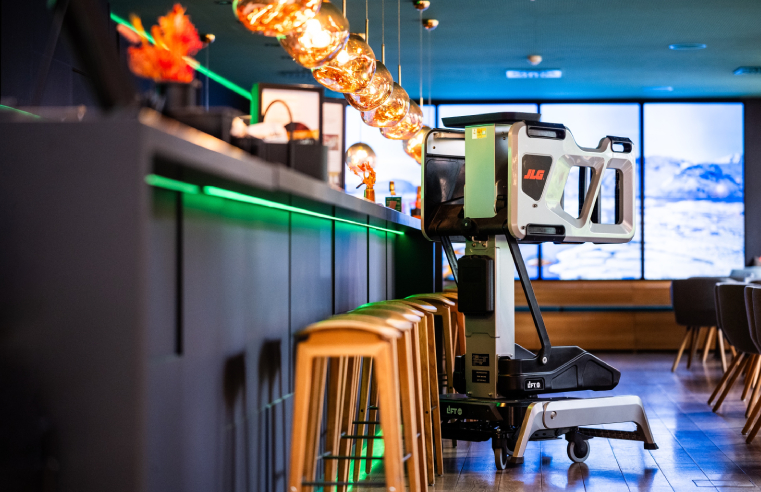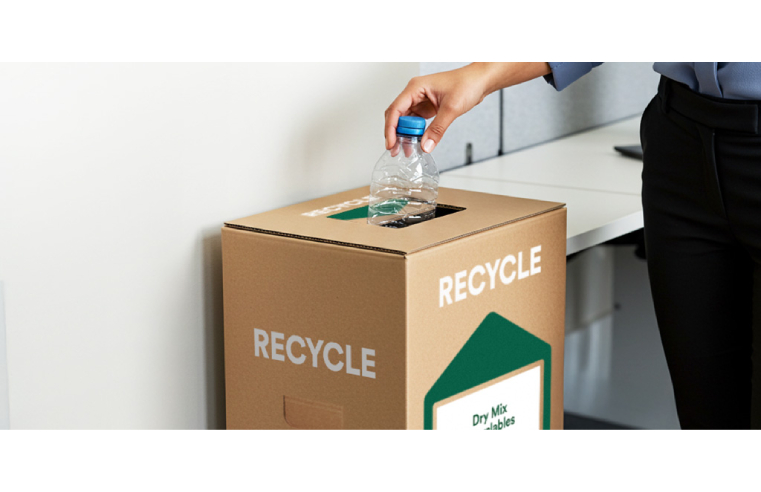UK businesses that attribute long call waiting times to ‘unprecedented demand due to COVID are leaving customers unimpressed, according to new research.
The survey of 1000 people by leading outsourced comms company Moneypenny reveals that 85% of people believe UK businesses are blaming long call and live chat wait times on COVID despite being almost a year into the pandemic.
The survey indicates the average length of time customers have to wait for calls and live chat requests to be answered - 18% said they have to wait one to five minutes and 23% have to wait five to 10 minutes, while 6% have to wait 45-60 minutes and 19% typically give up waiting altogether.
While 55% of people believe some phone delays are acceptable due to COVID – there were some notable sector, age and regional differences.
- Utility companies were most frequently mentioned as being the worst at answering calls (33%) - followed by doctors (27%), banks (25%) and phone companies (21%). Those mentioned least were legal firms (6%) and estate and letting agents (5%).
- 73% of 16-24 year olds said phone answering delays are acceptable, compared with 45% of over 55 year olds.
- 61% of those in Greater London said phone answering delays are acceptable, compared with 42% in the North East and 48% in the South East.
- Welsh customers are most likely to give up waiting for their call to be answered (22%), compared with those least likely to in Yorkshire (12%) and the South East (14%).
Group CEO of Moneypenny, Joanna Swash, believes companies are not doing enough to resolve waiting times. She said: “Saying that unprecedented demand due to COVID is the reason for long wait times is the same as telling customers they are not important – and our data shows that customers recognise this too. Meeting demand is imperative to business survival, now more than ever.
“It’s interesting that legal and property companies were least likely to be mentioned for poor answering times and we know from our clients in these sectors that they prioritise good customer service. However, the survey shows that the pandemic is being used as a scapegoat for poor customer care.”
She added: “Even with reduced staff through redundancies and furloughing, there are so many cost-effective solutions available to ensure customer calls and live chat can continue, it’s not good enough for companies to reduce service levels an expect customers to be happy. As businesses open up there is a real danger that customers will vote with their feet and move to a competitor if poor service levels continue.”



































